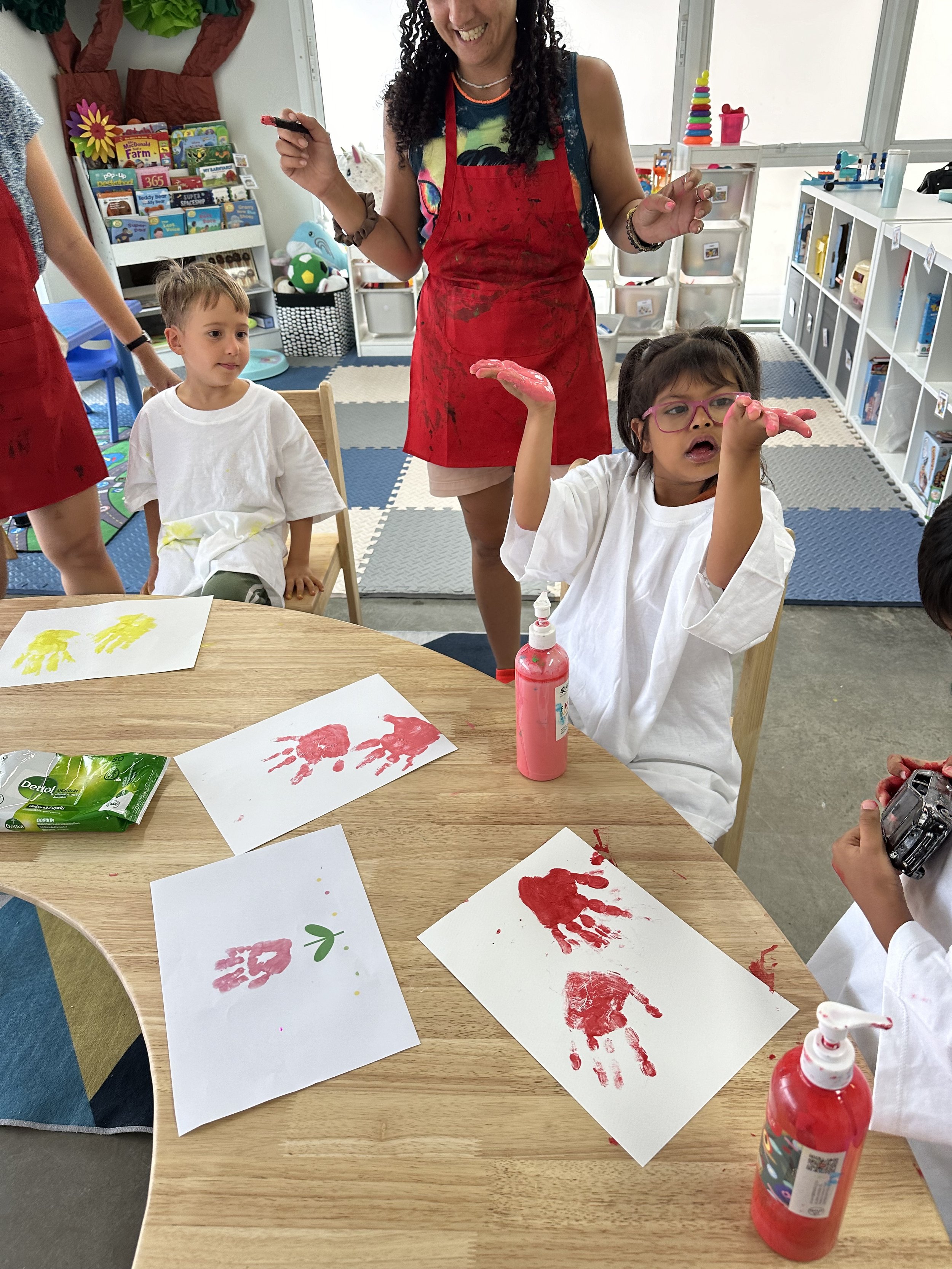Our Services
At Building Bridges, we are dedicated to creating environments for success. Through the implementation of structured routines and individualized learning plans, we foster environments that promote positive behaviors and cater to our student’s specific needs.
Our compassionate approach brings together the principles of ABA and our extensive experience in program design, development and evaluation. By collaborating closely with families and caregivers, we are able to transfer the skills learned during therapy into the individual’s daily life.
ABA Therapy
Early Intervention
Early Intensive Behavioral Intervention (EIBI) promotes skill development in young learners focusing on communication, daily living skills, imitation, attention and more. Strategies include breaking down skills into small teachable steps and appropriate use of reinforcement. This program focuses on skill building and incorporates direct parent involvement in the in the creation and implementation of interventions.
Skills areas we assist in include the following:
Academics
Social and Leisure Skills
Home Living
Vocational Support
Fitness and Health
Adaptive Skills
Emotional Regulation
In-Clinic
We provide learners with in-clinic sessions that need as robust of a program as EIBI but still require some assistance in areas of academics, communication or independence.
Home Support
Our learning programs aim to help the client and family develop and implement strategies on their own. We offer in-home, one-on-one therapy sessions to practice and reinforce skills in a familiar environment.
Group ABA Therapy
Our Group ABA Sessions are a dynamic and engaging way for children to develop essential social, communication, and life skills in a supportive group setting.
Why Group ABA?
Group settings provide a unique opportunity for children to practice and generalize skills they’ve learned in one-on-one therapy while interacting with peers. Through guided play and structured activities, children can:
Build friendships and improve social interactions.
Develop communication and teamwork skills.
Learn important life skills in a fun and interactive way.
What to Expect:
Play-Based Learning: Activities designed to be fun and developmentally appropriate.
Small Group Sizes: Ensuring personalized attention and support for each child.
Experienced Professionals: Sessions are facilitated by our trained ABA team to create a safe and nurturing environment.
Skill Development: Focus on turn-taking, sharing, problem-solving, and more!
Session Details:
When: Saturdays and Sundays
Times: Morning and afternoon sessions available
Who: Open to children of various skill levels, grouped by age and needs
Training and Development
At Building Bridges, in addition to therapy services, we provide opportunities for professional development and collaborate with schools, hospitals, and organizations, all with a focus on supporting the neurodivergent community in Bangkok.
Professional Training
Professionals in various industries can also benefit from using principles in Behavior Analysis in their organization. Learning and implementing behavior change procedures can assist in performance management for employees and increasing outcomes with clients.
Parent and Caregiver Training
Parents and families work with the Behavior Analyst and learn how to implement interventions to support skills related to communication, play and social, self-help, to support the child independence and growth.
School Collaboration
Teachers and administrators are supported in learning Behavior Analytic principles and how to implement ABA interventions for an individual, class or school-wide. Executive functioning, social skill development, emotional regulation and independence are a few common target areas.










